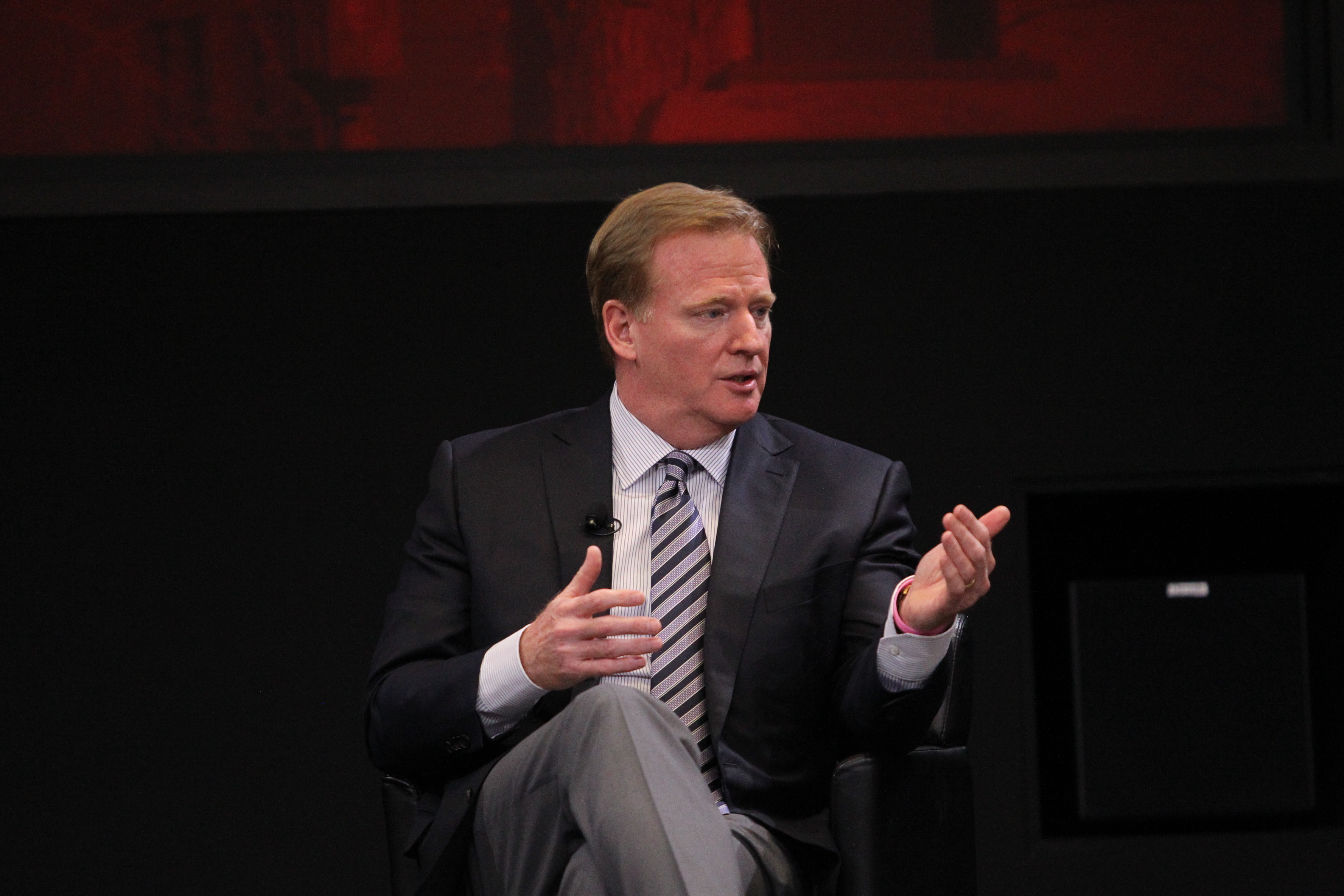Some call it a PR move, while others say other issues remain, including the name of the Redskins.
WASHINGTON – Advocates who have been pressing the NFL on everything from player safety to domestic violence said the league’s decision this week to give up its tax-exempt status is a step in the right direction, but does not go nearly far enough.
The move on tax status is “more symbolic than anything else,” Allen Sanderson, economics professor at the University of Chicago, wrote in an email.
“It is rewarding to see such an important and positive step toward restoring basic fairness so quickly into our tenure,” said a joint statement from Reps. Jason Chaffetz, R-Utah, and Elijah Cummings, D-Md., leaders of the House Oversight and Government Reform Committee.
Chaffetz introduced legislation earlier this year calling for changes to the NFL. The bill also singled-out the NHL, PGA and LPGA as sports leagues that should not qualify for tax-exempt status. Despite the NFL’s actions, Chaffetz said he hopes the bill will still pass Congress.
But not everyone was pleased.
Sen. Maria Cantwell, D-Wash., who in the past has called on the government to lift the tax-exempt status of the NFL because of concerns surrounding the Washington Redskins’ team name, said the league needs to do more.
“Giving up a tax break on $9.5 billion in revenue doesn’t mean you can ignore the need for the NFL to abandon a racial slur as a team name,” Cantwell said in a statement. “The U.S. Patent Office has ruled it a slur and not patentable.”
But in a statement NFL Commissioner Roger Goodell defended the team name: “It’s the name of a football team,” he said. “I grew up as a Washington Redskins fan. I always looked at that as something we were proud of. In that context, it’s not being used as a racial slur.”
Like Cantwell, however, Sen. Richard Blumenthal, D-Conn., was less than impressed with the league’s announcement.
“The NFL’s sacrifice of its tax-exempt status seems more like a PR stunt than a real gain,” he said in a statement.
Blumenthal plans to reintroduce legislation he originally proposed in the last session of Congress to sunset the permanent anti-trust exemptions of the NFL, MLB, NHL and NBA. He would like to replace them with a once-every-five-years reauthorization that is conditioned on meeting responsibilities to the public trust.
Only the NFL’s central office had 501 (c) (6) nonprofit status. The marketing arm and all 32 teams were already private companies and taxed as such.
“Tax exemption will not affect our operations in any way,” Goodell said when he announced the changes on Wednesday.
At least one observer said the change came about as a way to make life easier for the NFL.
“The popular assumption that they’re giving up the tax exemption as some kind of a give-away to the government is probably not the right way to think about it,” says Steven Bank, a professor of business law at UCLA. “The right way to think about it is there is a going-private transaction for a public corporation. They don’t want to deal with the disclosure anymore.”
The league’s image has come under strong public scrutiny since 2014, when high-profile domestic violence cases involving former Baltimore Ravens running back Ray Rice and Minnesota Vikings running back Adrian Peterson.
The NFL’s tax decision was “the right thing to do,” Sen. Cory Booker, D-N.J., said in a statement. Booker has previously sponsored legislation that would have eliminated the tax exemption for professional football leagues and used the funding to increase domestic violence prevention funding.
“I will continue working to advance legislation that seeks to close tax loopholes for professional sports leagues and direct the revenue to domestic violence prevention programs,” Booker said.



